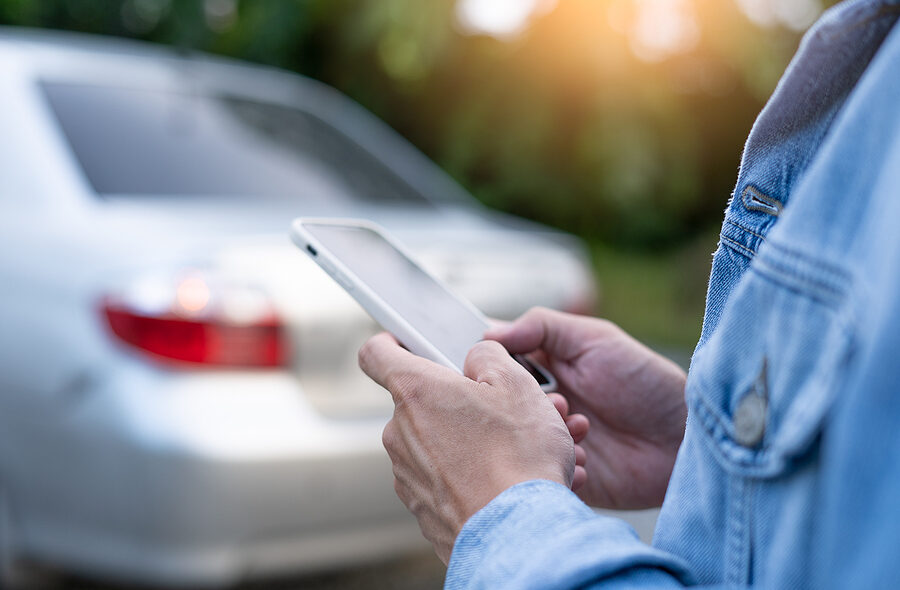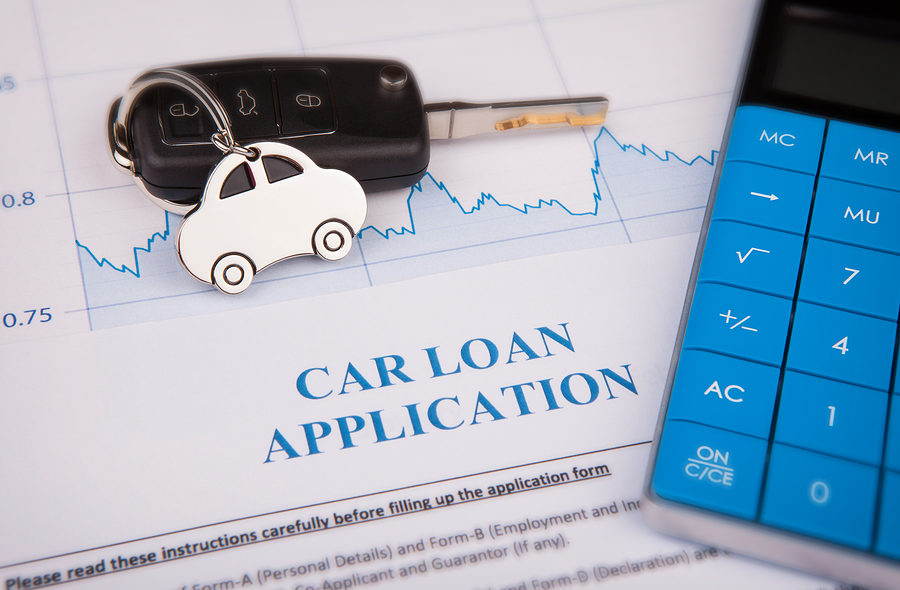The struggle to keep current on monthly bills is a real one felt by many Americans. It can be hard to meet all your obligations, from utility bills to car loans. It is estimated that seven million Americans are at least 90 days past due on their car loan payments, according to the Federal Reserve Bank of New York.
What does this mean for the economy? Many economists believe it is an indication that, despite the strong economy and low unemployment rate, many Americans are still struggling to make ends meet. In fact, when the rate of car loan delinquencies is high, this means that Americans in the lower-income classes are significantly struggling financially.
The problem is a car is extremely important to someone who is having a hard time paying bills. That person needs it to get to and from work, and not having a form of transportation can cause that person to lose his or her job, thus continuing the cycle. Losing your car, leading you to lose your job will result in losing other important items, such as a place to live.
The Federal Reserve figures showed that the majority of people who were behind on their car loan bills had lower credit scores and were under the age of 30. What this indicates is that younger consumers are struggling to pay for their car loans on top of other expenses. One of these expenses that older Americans do not have that these younger consumers have are student loans. Perhaps these young consumers are not able to pay both their student loan expenses as well as their car payments?
Reports show that 17.5 million vehicles were sold in 2016 in the U.S. Car sales are not suffering by any means, and for the most part, those consumers purchasing cars have enough credit to be approved for decent loans and are able to repay their loans. However, the category of borrowers who are considered “subprime,” meaning they have credit scores under 620 seem to default more frequently.
One thing financial experts warn American consumers about is to be cautious as to where they get their financing. For the most part, banks and credit unions have smaller default rates as compared to companies that claim to be “auto finance” companies. One way to ensure that you are getting a good loan is to not get your auto financing from the dealership, unless it comes from a bank directly. Get the financing first and then go to the dealership with the financing documents in hand.
Please click here to read more.
If you have questions on this topic or are in financial crisis and considering filing for bankruptcy, contact an experienced Miami bankruptcy attorney who can advise you of all of your options. As an experienced CPA as well as a proven bankruptcy lawyer, Timothy Kingcade knows how to help clients take full advantage of the bankruptcy laws to protect their assets and get successful results. Since 1996 Kingcade Garcia McMaken has been helping people from all walks of life build a better tomorrow. Our attorneys’ help thousands of people every year take advantage of their rights under bankruptcy protection to restart, rebuild and recover. The day you hire our firm, we will contact your creditors to stop the harassment. You can also find useful consumer information on the Kingcade Garcia McMaken website at www.miamibankruptcy.com.


